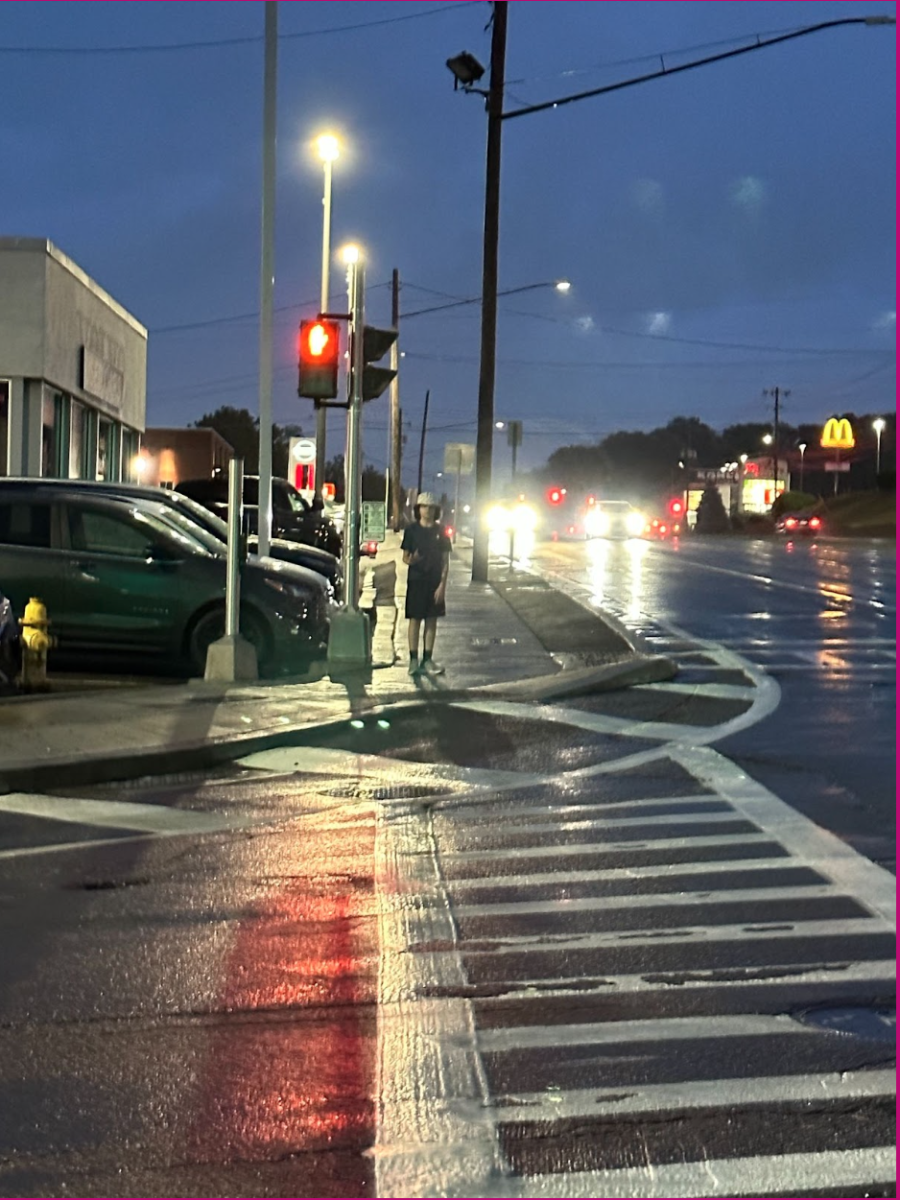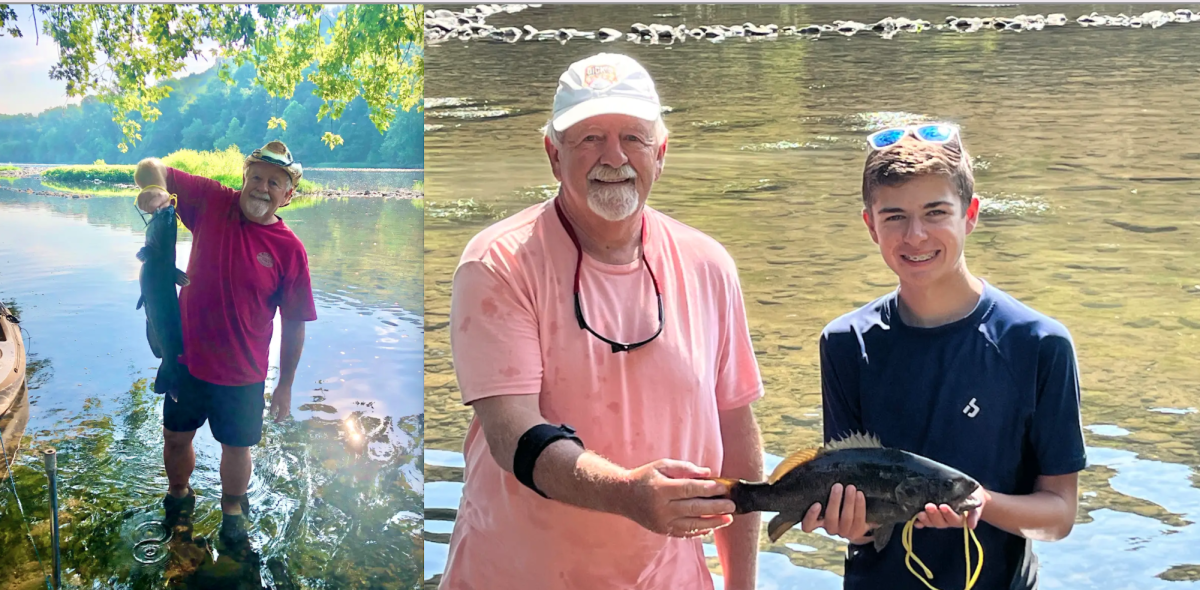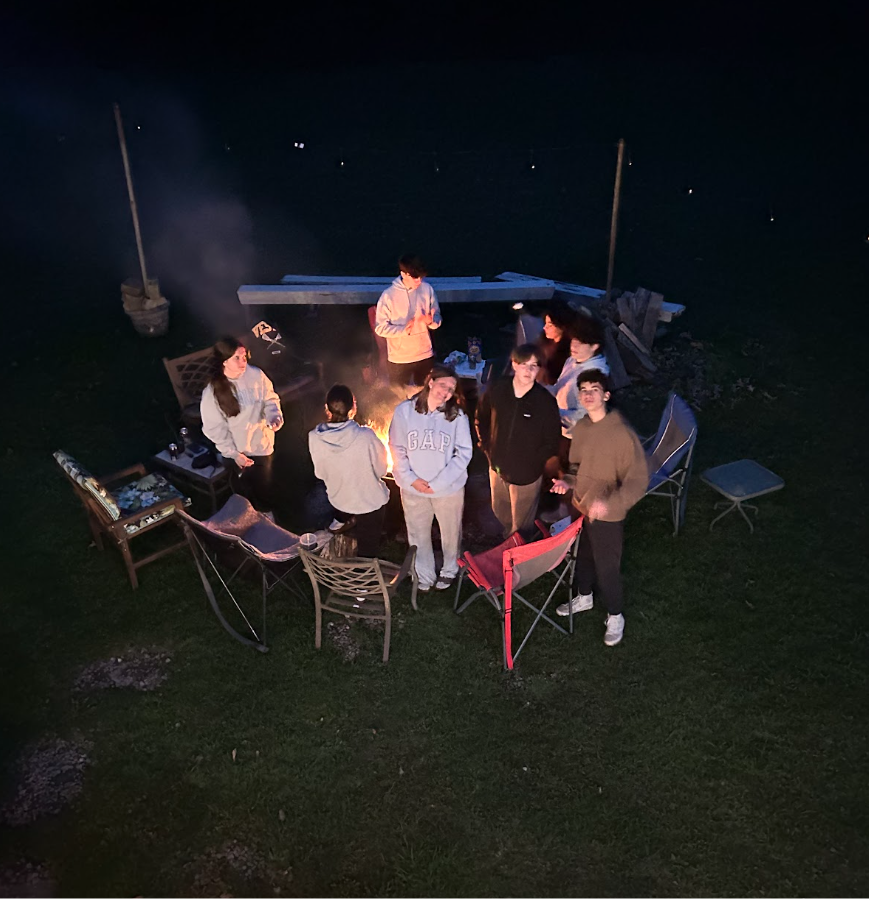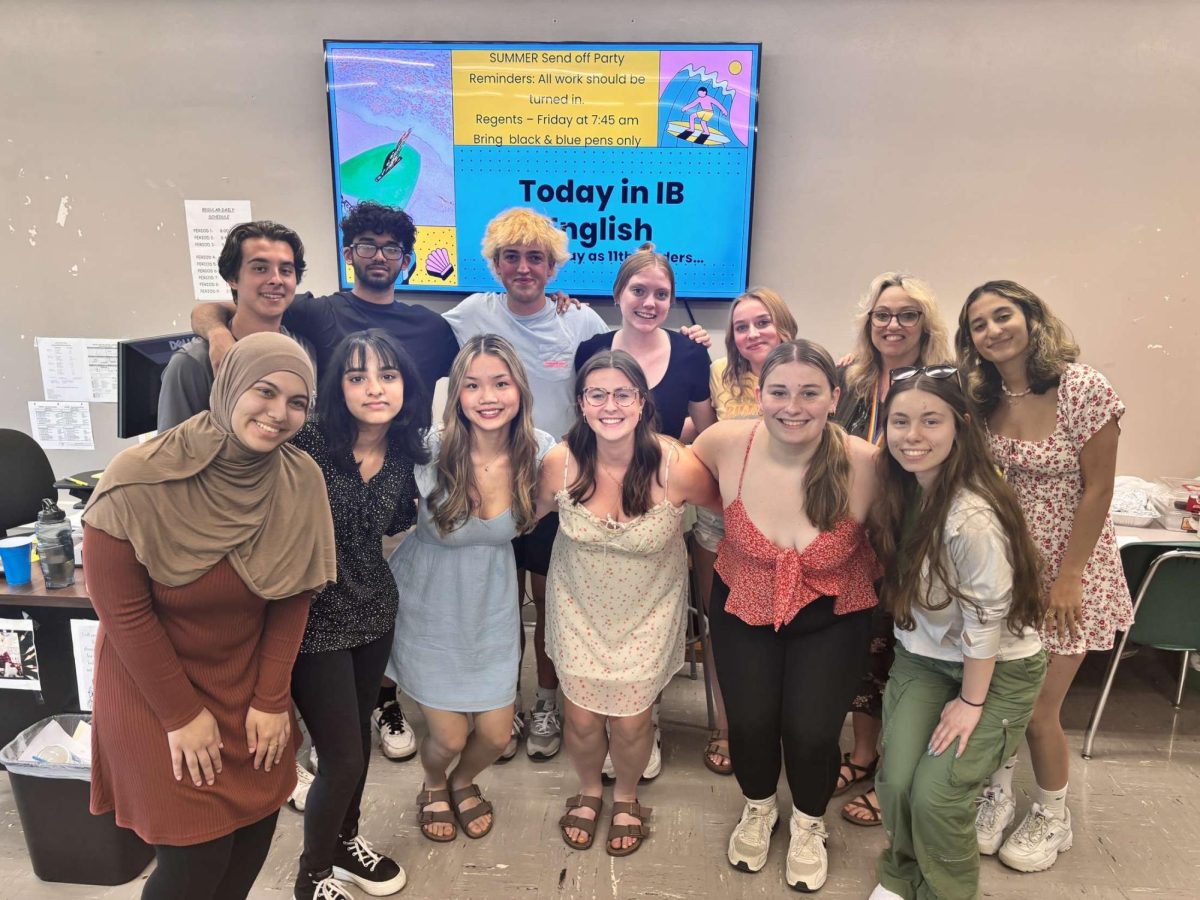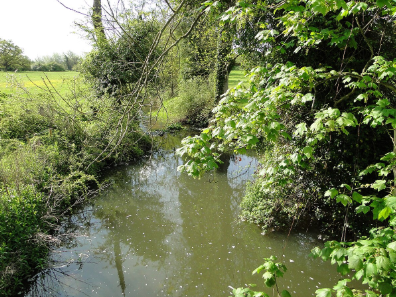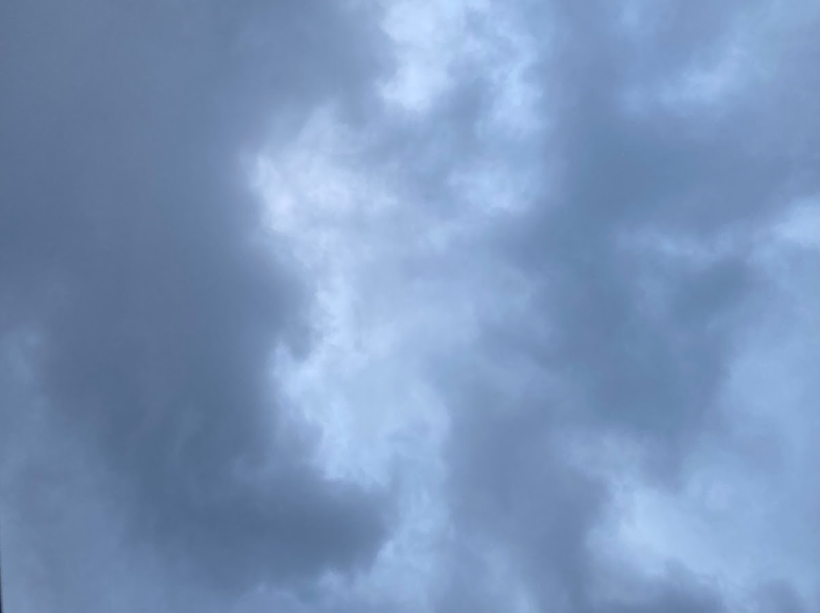Checking in With Mr. Cordisco
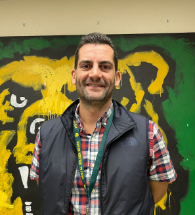
October 16, 2022
When I walk into the AP Office on September 30th, around 2:00 in the afternoon, Mr. Cordisco’s voice filters through the space from a separate room. I sign in on a hot pink sheet, and the secretaries tell me to wait as he finishes a phone call. Sitting on the edge of a chair, my knee bounces up and down with rising nervousness. A sign across the room boldly instructs students not to use their phones. With a glance at the secretary, I obligingly slide my phone into my pocket. I listen as Mr. Cordisco hangs up the phone; I am now allowed to enter the assistant principal’s foreboding, mysterious lair.
Mr. Cordisco looks up as I enter and offers a friendly smile, and I immediately feel at ease. In reality, his “lair” is a pleasantly lit office with a well-used whiteboard on one wall and a beautiful picture of Switzerland bathed in calming blues on the opposite. A funny caricature of himself overlays part of the whiteboard. Behind his desk is a wooden shelf with a baseball resting on some bricks. When I question his choice of decor, he laughs and says the bricks were confiscated from a student, calling them an “icon.” He then points out a stick (another confiscated item) resting on the whiteboard shelf, adding that at one point he had several two-by-fours in the room. He explains how he understands most students do not have any malicious intent but that he is required to take anything that could be perceived as a weapon.
As we continue talking, Mr. Cordisco reveals what differed from his expectations of Vestal during his first year at the high school. Growing up in the Chenango Valley area and teaching outside of Vestal, he had heard that Vestal parents were “maybe a little too involved” in their children’s school lives. However, he found that this was not the case, stating, “I’ve experienced a large part of this community being just incredibly kind and genuine. They care about their kids.” As for what stayed the same in regard to his expectations, Mr. Cordisco emphasizes that there are high standards for what both students and adults put forth into the community and an insistence on involvement in clubs, sports, and volunteer work.
When I ask about his hopes for this year, Mr. Cordisco says, “my hope is to continue to make those connections and have opportunities for people… and for it to be normal,” stressing the amount of work COVID had added. To break the commonly negative viewpoints on assistant principals only doling out punishments, he explains how his daily workload includes making teacher observation schedules, observing teachers, working on the Seal of Biliteracy presentations, organizing activities, and generally being a part of the school environment. He turns his computer screen towards me to show the scheduling process and mentions a meet and greet he plans on going to after the interview. It is clear he is quite busy.
In response to the senior parking discontent, Mr. Cordisco says it is important for students to register their vehicles and that although students may think nothing is being done, he is not always able to share the results of his inner workings. Lastly, his final message is that students should “remember that school can be a great, fun place” and we should not equate noise with disruption but with engagement and good times. He adds that students should listen to the advice of others and get involved in the school community.

